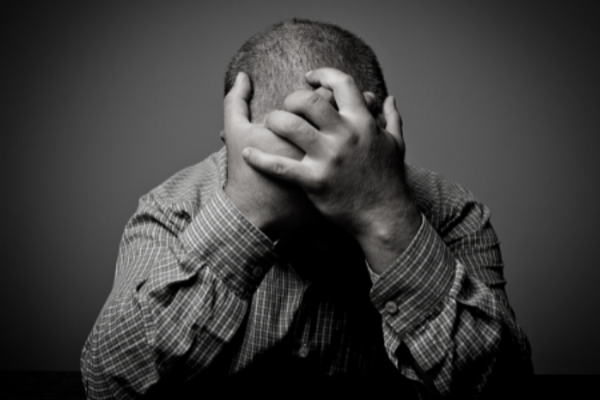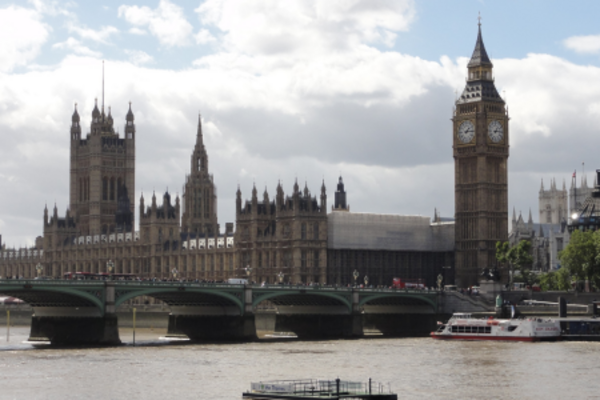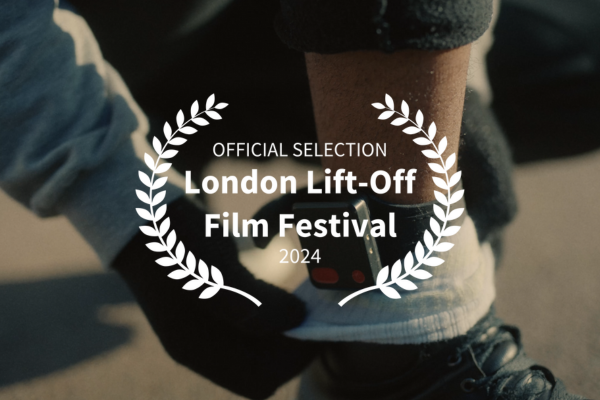New research published today by Bail for Immigration Detainees (BID) and Medical Justice documents the devastating impact upon immigration detainees in prisons of conditions amounting to indefinite solitary confinement.
People held for immigration reasons (including torture survivors and those with serious vulnerabilities) are locked in their cells for over 22 hours a day, most often 23.5, with people sometimes being held in their cells for days at a time and unable to take a shower. Some are self-harming, attempting suicide and unable to sleep or eat. They report existing in a state of endless despair. Physical symptoms include involuntary shaking, memory loss and physical pain. As one man told us:
“I didn’t enter prison with mental health problems but I’m not the same person I was. My mind is not the same. I’m not sure if what has happened to be can be repaired.”
Another said:
“It just feels illegal because of what it’s doing to my mind and body. If this isn’t breaching my rights, then what will? It’s as though I’ve fallen into a crack that the Home Office opened and I can’t get out.”
The research released today is based on interviews with 5 immigration detainees and on medico-legal reports produced by doctors, as well as reviews of case files that argue for the release of people held in prolonged confinement – either solitarily or with a cell-mate.
Key findings:
Five disturbing statements describe people being pushed to the limit of what a human being can be expected to endure. Two people described the experience as torture. Their statements are distressing to read but they have been included in this report.
The medico-legal reports illustrate severe impact on health including the exacerbation of pre-existing mental health conditions and the onset of new conditions. The severe harm caused is reflected in the literature on the impact of solitary confinement on health. It can cause long-term and even irreversible harm and may increase the risk of suicide. Prolonged solitary confinement is prohibited by the United Nations and can amount to torture or cruel, inhuman or degrading treatment, according to the UN Special Rapporteur on Torture.
The report also finds that in individual cases and in official correspondence the Home Office has failed to engage with the issue of prolonged solitary confinement in prisons. It appears that severely restrictive prison conditions are not being considered when assessing the proportionality of immigration detention.
Detention in prisons
Immigration detention is an administrative rather than criminal or punitive process, and people can be detained in prisons or detention centres. There are currently 577 immigration detainees held in UK prisons. People who may have strong ties to the UK such as those who grew up here or who themselves have children here, are held under immigration powers after having completed a custodial sentence, with no release date, facing possible deportation. They may be required to take proactive steps to challenge their detention, which is almost impossible for those locked in a cell 23 hours per day. Many have pre-existing mental health conditions, making the use of prolonged confinement particularly dangerous. Meanwhile the purpose for which they are being detained – removal from the UK – may be little more than a remote possibility.
Bail for Immigration Detainees director Annie Viswanathan said:
“It is impossible not to be horrified at what is being done to people in the name of immigration control or to imagine the profound frustration and distress that people experience when trapped in a cage for most if not all of the day, not knowing when it will end. That it leaves people with enduring mental and physical health problems is hardly surprising and exactly why it has been banned under the UN’s ‘Mandela Rules’.
"I hope this report causes the people with the power to take stock and reflect on the continuing use of a barbaric practice that shames our society. This cruelty needs to end and people should be released so that they can be supported in the community.’”
Medical Justice director Emma Ginn said:
“It is profoundly disturbing that immigration detainees are being locked up indefinitely, many in solitary confinement, despite clear evidence from Medical Justice clinicians of the predictable, devastating effect.
That this imprisonment extends beyond a criminal sentence means severe harm is being inflicted during, and because of, a period of entirely unnecessary and purely administrative detention – we need to question if this is civilised or in fact gratuitous. It is certainly the biggest scandal most people have never heard of.
This inhuman practice is a reflection on our society. Let this not be who we are."
Dr Josanne Holloway, Chair of the Faculty of Forensic Psychiatry at the Royal College of Psychiatrists, said:
"This important research highlights the detrimental impact of immigration detention on health and wellbeing, including an increased risk of mental illness and suicide.
"Detention in prison is clearly not right for these vulnerable people and solitary confinement is psychologically harmful and shouldn't be used.
"Asylum seekers experiencing mental illness should not be detained. Instead, they should receive the mental health support they need, either in the community or in an inpatient setting."









